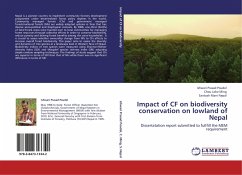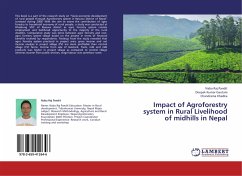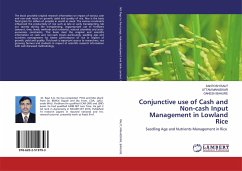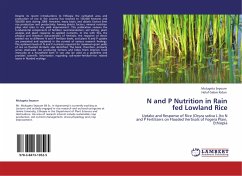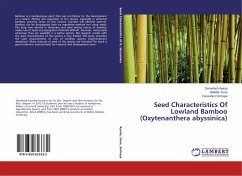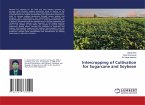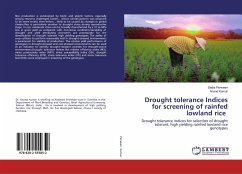Nepal is a pioneer country to implement community forestry development programme under decentralized forest policy regimes in the world. Community managed forests (CFs) and government managed forests/national forests (NFs) are widely adopted systems in Tarai that has diverse socio-political and biophysical contexts. By 2008, one-third (34.6%) of total forest areas were handed over to local communities for managing forest resources through collective efforts in order to conserve biodiversity, reduce poverty and sharing forest benefits among the users households . It is crucial to assess whether ownership change from NFs to CFs affects to increase overall forest biodiversity. This paper aims to assess the diversity and dynamics of tree species at a landscape level in Western Tarai of Nepal. Biodiversity indices of tree species were measured using Shannon-Weiver diversity index (SDI) and Margalef species richness index (SRI) adopting simple random sampling techniques. The findings of study suggest that CFs are superior in terms of SDI than that of NFs while there was no significant difference in terms of SRI.
Bitte wählen Sie Ihr Anliegen aus.
Rechnungen
Retourenschein anfordern
Bestellstatus
Storno

